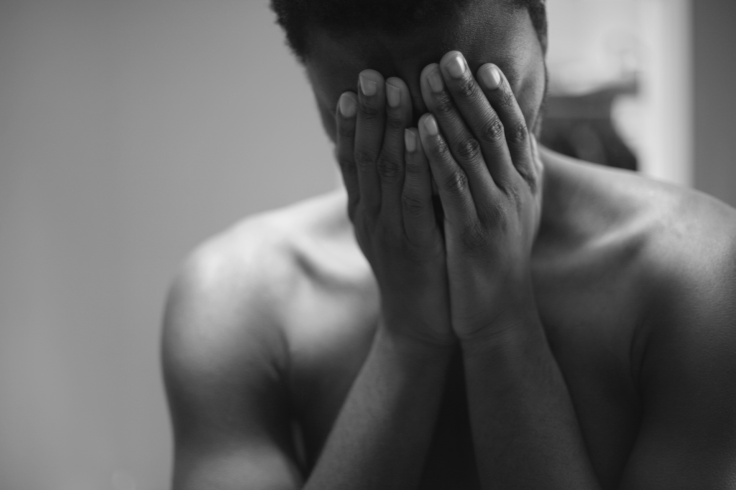Depression Vs. Dysthymia Symptoms: How To Recognize Signs Of Mood Disorders And What To Do

If you’re depressed but not extremely depressed, you may have a mental health condition called dysthymia.
When people talk about depression, they’re usually referring to major depressive disorder, but depression comes in various forms. According to Harvard Medical School, dysthymia has similar symptoms but they usually present as less intense, although they could last much longer, hence its other and more current name: persistent depressive disorder. In addition to a low or sad mood, those symptoms may include irritability, fatigue, low self-esteem, difficulty concentrating, a feeling of hopelessness or pessimism, and a change in sleeping or eating patterns.
Read: Depressed? Maybe It’s Your Internal Clock
The Mayo Clinic describes it as finding it “hard to be upbeat even on happy occasions — you may be described as having a gloomy personality, constantly complaining or incapable of having fun.”
Although the condition may not affect a person’s life as much as major depression would, the U.S. National Library of Medicine says, the symptoms can wax and wane for years.
“But typically symptoms don't disappear for more than two months at a time,” the Mayo Clinic notes. “In addition, major depression episodes may occur before or during persistent depressive disorder — this is sometimes called double depression.”
Dysthymia often begins early in life, in childhood, adolescence or young adulthood. That could potentially prevent people from getting treatment: “A person with dysthymia tends to believe that depression is part of his or her character,” Harvard Medical School says. “The person with dysthymia may not even think to talk about this depression with doctors, family members or friends.” The people who develop the constant condition may have experienced a “major loss” during their youth, such as that of a parent.
In addition to the death of a parent or experiencing other trauma, factors that put a person more at risk of developing persistent depression or that may trigger the disorder include having a close relative with depression. And to make matters worse, people with dysthymia are more at risk themselves of developing another mood disorder, such as anxiety or major depression. According to the Mayo Clinic, the condition may also be linked to substance abuse, family conflicts or social troubles, performance issues at work, suicidal thoughts, and chronic pain or other medical ailments in general.
See also:
Published by Medicaldaily.com



























